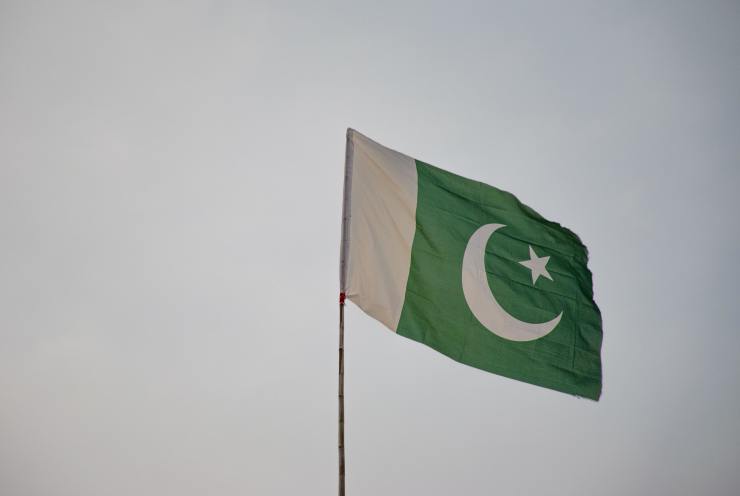
In a landmark decision on January 22, the Ministry of Federal Education and Professional Training (MoFE&PT) in Pakistan has approved of the Religious Education Curriculum 2023 for grades 1-12, wherein the Islamic studies is no longer compulsory for the minority students in schools.
The freshly tailored curriculum, specifically designed for non-Muslim students, provides an alternative to the compulsory subject of ‘Islamiat’ (Islamic studies). The minority students from seven officially recognized religions: Bahai, Buddhism, Christianity, Hinduism, Kalasha, Sikhism, and Zoroastrianism would be given the option to study their respective faiths.
The formal approval of the curriculum, marked by a notification issued on January 22, 2024, by the National Curriculum Council Secretariat of MoFE&PT, is being hailed as a triumph for minority rights in Pakistan by Christian leaders.
Nasir Saeed, Director of CLAAS-UK, expressed heartfelt gratitude for the approval of the Religious Education Curriculum 2023, recognizing it as a long-awaited demand of minority communities. This decision is being viewed as a noteworthy achievement in the ongoing struggle for equal rights and opportunities in the education sector.
Speaking to Christian Today Sohail Habel, executive director HARDS (Humanitarian Action for Rights & Development Society) welcomed the long awaited decision and called it a big success for the minority communities.
“It is a great relief for the students of the minority communities who had no option but to clear the Islamic studies subject and if they failed in clearing the subject, they would not be promoted to the next grade and would be required to re-appear for all the subjects of that grade,” said Habel.
This initiative by the Ministry of Federal Education and Professional Training underscores the government's commitment to ensuring equal rights and opportunities for all citizens, irrespective of their religious affiliations. It is a commendable step forward in promoting interfaith understanding and harmony among the younger generation, a crucial element for building a cohesive and peaceful society, said CLASS-UK.
Anjum James Paul, a Pakistani Catholic and teacher at the head of the Pakistan Minorities Teachers' Association, told Fides: “We have been working on the issue of religious education for minority students since 2004. After a 20-year struggle in which we appealed to various bodies, institutions, governments and the Supreme Court, the Pakistani government has finally recognized this right and exempted non-Muslim students from the obligation to study Islam. We are grateful to the Secretariat of the National Curriculum Council and to all those organisations who, like us, are committed to ensuring that all students have equal rights and opportunities without discrimination and that pluralism is preserved.”
National (Catholic) Commission for Justice and Peace (NCJP) – a human rights advocacy group established in 1985 by the Pakistan Catholic Bishops’ Conference is developing the syllabus for the Christian minority students.
Naeem Yousaf Gill, the executive director of the NCJP, told Catholic News Agency about the involvement of NCJP in crafting the Christianity syllabus, and also expressed his concern over the implementation challenges that are involved.
“We appreciate the government for involving the Catholic Commission in developing the syllabus of Christianity,” Gill said. “However, its [monitoring] and implementation is another challenge. Policies for minorities often flop in our country. Also, the long-term process will require training of teachers and a salary structure.”
The lesson plan for the Christian students is divided into various sections for each grade and would include various teachings spread out throughout the year.
Foundational teachings of the Christian faith and fundamental beliefs would be taught for grades 1-3. The 4 and 5 graders would be taught various topics ranging from how the Old Testament is the foundation of the Christian faith to reciting Psalms. By the end of grade 10, the students are expected to know the concept of Trinity.
The students would also study the history of Christianity in Pakistan which would include the life and ministry of Apostle St. Thomas to South Asia and the Christian martyrs.




